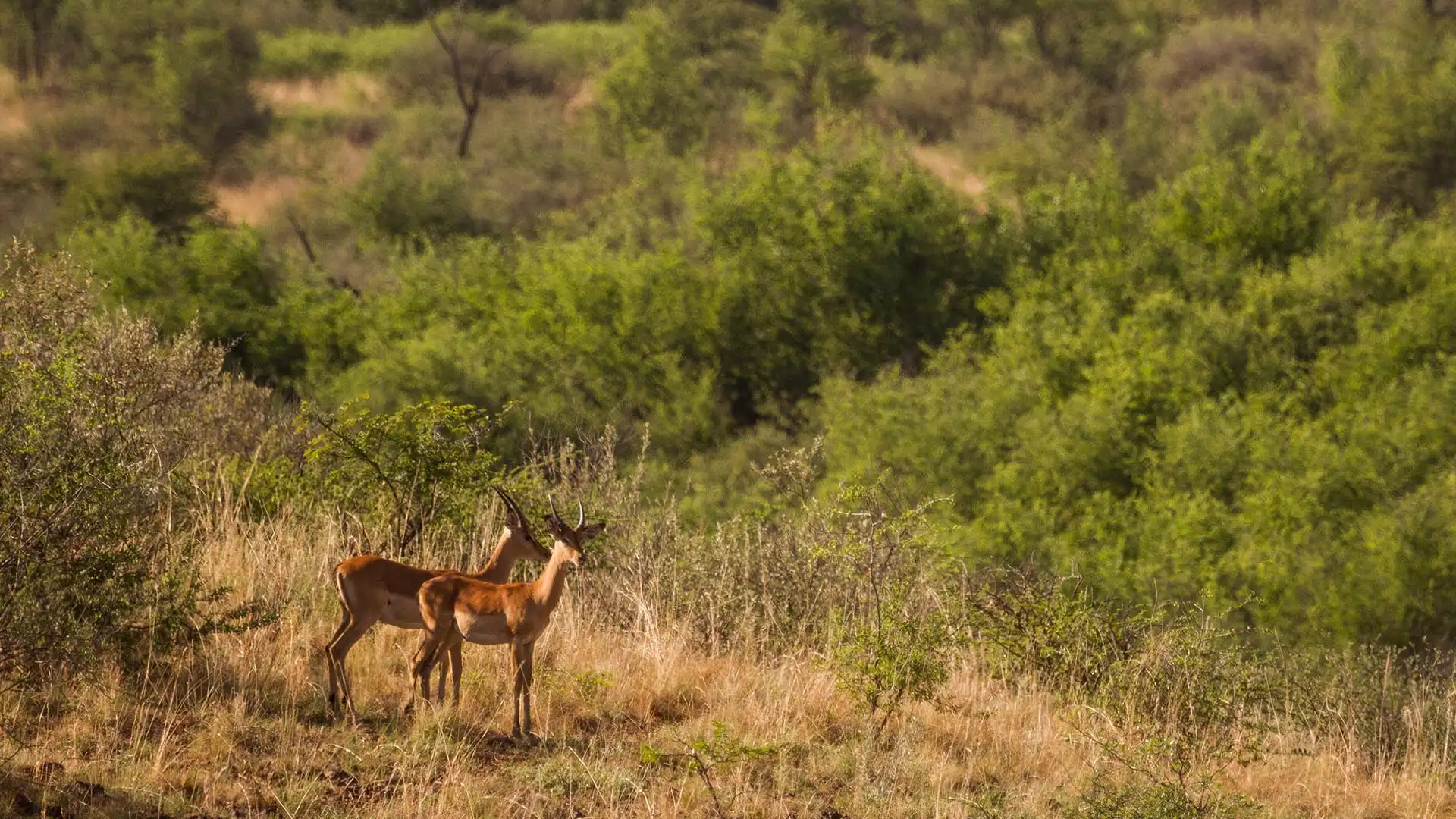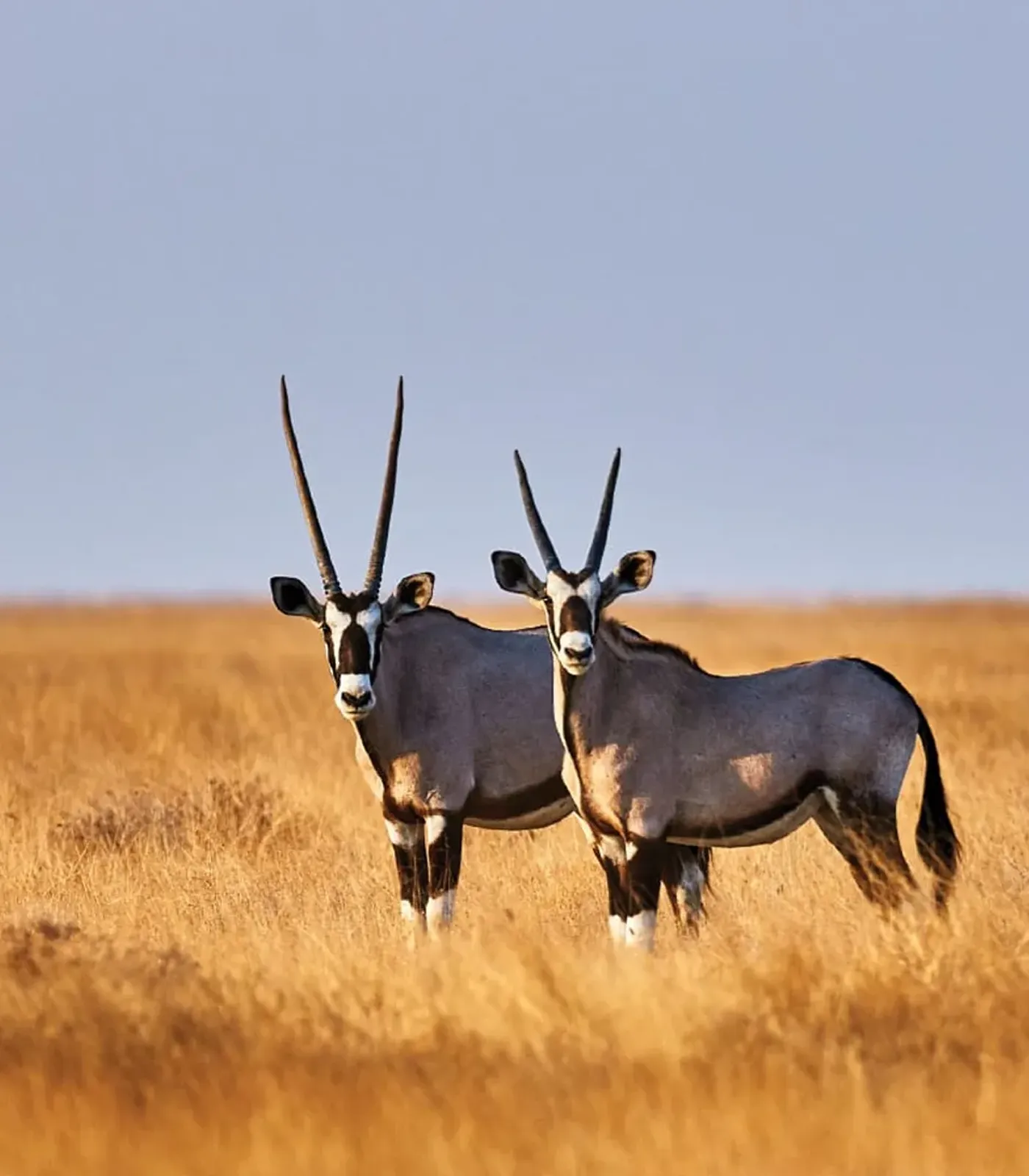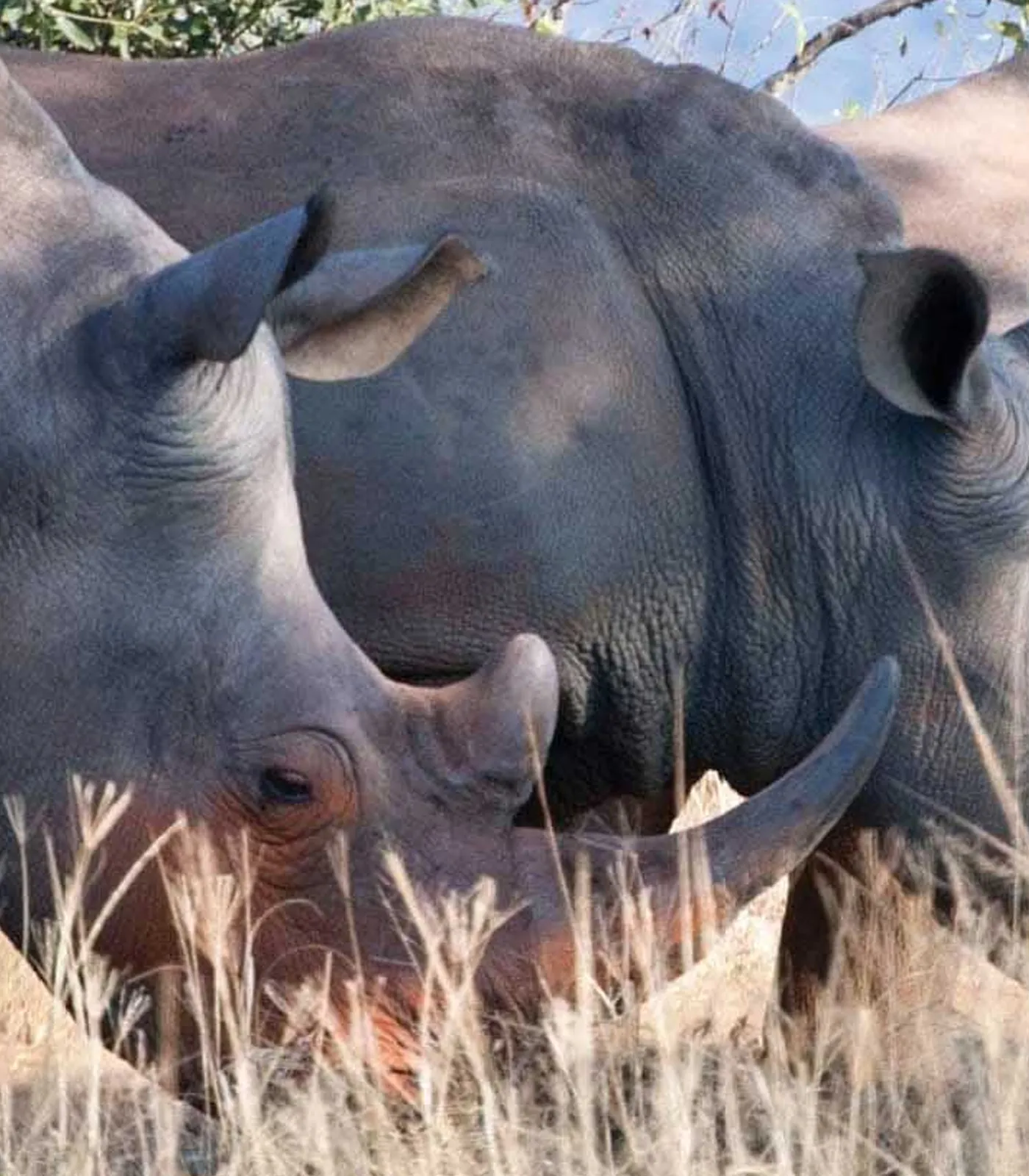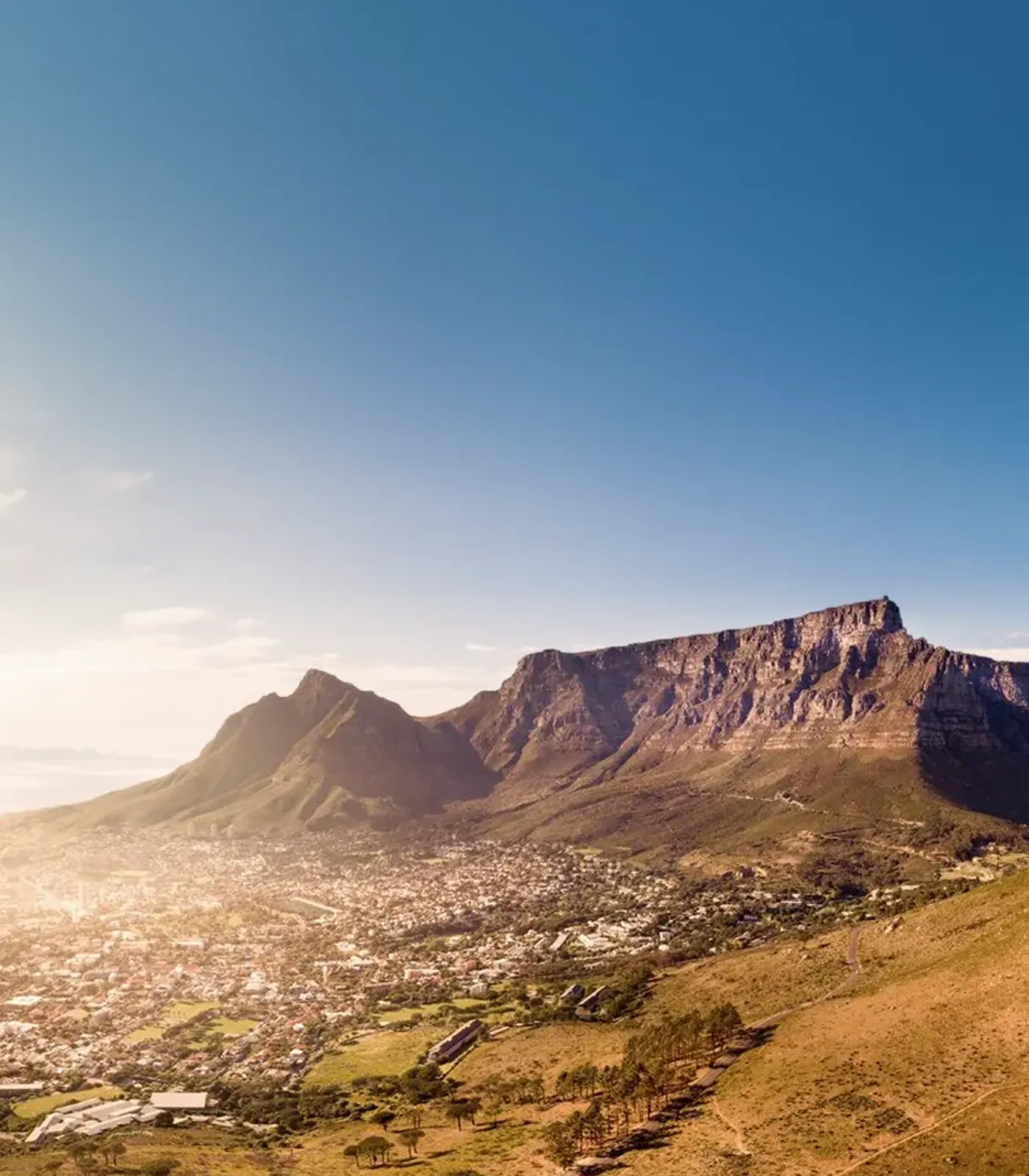
How to Support Conservation After Your Trip | Avula Safaris
Your African safari may last a week or two, but your impact on conservation can continue long after you return home. At Avula Safaris, we believe every guest has the power to be a lifelong advocate for the land, wildlife, and people they encountered on their journey.
Here are ten ways you can continue supporting conservation from wherever you are.
1.
Stay Connected With the Cause
One of the easiest ways to keep supporting conservation is by staying informed.
How to stay engaged:
-
Follow the social media pages of conservation organizations you encountered
-
Sign up for newsletters from your safari outfitter or wildlife NGOs
-
Read blogs and scientific updates about African wildlife
Awareness leads to advocacy.
2.
Support Conservation Nonprofits
There are many registered NGOs doing meaningful work across South Africa.
Ways to help:
-
Make monthly or annual donations
-
Sponsor a ranger, rhino, or habitat restoration project
-
Participate in fundraisers or awareness events
Even small contributions help fund boots on the ground.
3.
Donate Equipment or Resources
Many field teams and anti-poaching units need gear and supplies.
Useful items include:
-
Binoculars, GPS units, or cameras
-
Boots and field gear in good condition
-
Educational materials for rural schools
Check with your outfitter or reserve before shipping to ensure it’s needed.
4.
Offset Your Travel Carbon Footprint
Eco-conscious travel doesn’t stop at the airport.
Offsetting options:
-
Support reforestation or clean energy projects
-
Use platforms that let you calculate and offset emissions
-
Choose airlines or travel partners that invest in sustainability
A small cost with a big return for the planet.
5.
Share Your Story Thoughtfully
Your safari experience can inspire others to care.
Tips for responsible sharing:
-
Highlight conservation successes and challenges
-
Credit guides, trackers, and local experts
-
Avoid glorifying dangerous or staged animal encounters
Be an ambassador for ethical wildlife tourism.
6.
Buy From Ethical African Brands
Support artisans and producers whose work contributes to conservation or community upliftment.
What to look for:
-
Wildlife-friendly certified products
-
Locally made crafts, clothing, or decor
-
Brands that give back to habitat or species protection
Your purchases can reflect your values.
7.
Book Future Ethical Travel
Plan your next adventure with impact in mind.
How to choose:
-
Look for lodges and outfitters with clear conservation missions
-
Ask how revenue supports wildlife and communities
-
Travel in the off-season to spread economic benefits
Conscious tourism is a powerful tool for change.
8.
Advocate for Wildlife Protection Laws
Raise your voice for global wildlife protection.
Ways to take action:
-
Contact lawmakers about anti-poaching legislation
-
Support international bans on illegal wildlife trade
-
Join online petitions or awareness campaigns
Policy impacts what happens on the ground.
9.
Educate Others About Conservation Realities
Many people have misconceptions about hunting, safaris, and African wildlife.
Become a resource by:
-
Sharing what you learned about ethical hunting and land use
-
Explaining the role of private reserves in conservation
-
Discussing the complexity of community-wildlife relationships
Informed voices create lasting change.
10.
Stay in Touch With Avula Safaris
We love hearing from guests and keeping them involved.
You can:
-
Join our mailing list for conservation updates
-
Follow us on social media for behind-the-scenes stories
-
Refer friends and family to ethical safari travel
Every return guest strengthens our conservation mission.
Final Thought: Conservation Is a Journey
Just as every safari is unique, so is every path to supporting conservation. Your trip with Avula Safaris is only the beginning. With curiosity, compassion, and action, you can help protect the wild long after your boots leave the bush.



